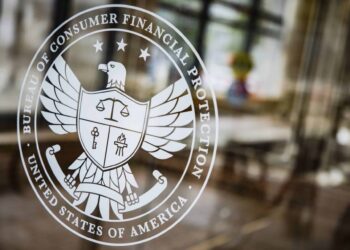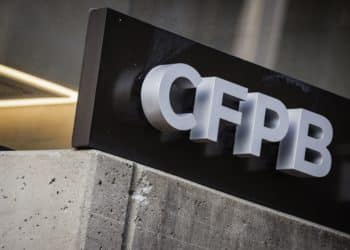Trump Looks to Fill Administration With Deregulators

President-elect Donald Trump’s campaign rhetoric and staffing picks indicate a “reduction in the overall regulatory burden,” although it remains “too early to tell” how new administration under Trump would change financial services, said John C. Redding, partner at BuckleySandler LLP.
“I have to believe the Republican leadership in the Congress is going to continue to push legislation seeking to convert the Consumer Financial Protection Bureau over to a commission, and possibly even subject it to congressional appropriations and additional oversight,” Redding, who leads the firm’s auto finance practice, told Auto Finance News.
Trump’s appointment of Republican National Committee Chairman Reince Priebus to the position of chief of staff — as well as Steve Bannon, former head of the alternative-right publication Breitbart News, as chief White House strategist — dominated national headlines this week. However, there are other possible picks within finance that could give lenders a sense for how the administration looks to reshape regulation in the industry.
JPMorgan Chase Chief Executive Jamie Dimon was floated as a potential pick for Treasury secretary, but he’s not interested in the position, according to a published report. Jeb Hensarling, the Republican representative of Texas’s 5th Congressional District and chairman of the House Financial Services Committee, as well as Paul Atkins, the former Securities and Exchange Commission chairman under the George W. Bush administration, are the more likely candidates, according to the report.
Both candidates have taken a public stance against financial regulation in the past, according to a published report. Atkins critiqued various aspects of the Dodd-Frank Act after it was passed by the Obama administration, claiming that the penalties adversely punished investors in the companies rather than the individual actors who committed the wrong deed, according to the report.
Hensarling outlined his plan in the Financial Choice Act, which would establish a multi-member bipartisan commission to replace Richard Cordray as head of the CFPB, consider more cost-benefit analysis before adopting new rules, and would no longer deny consumer access to financial products the bureau currently deems abusive.
“I don’t think we’ll see a full-scale dismantling of the CFPB,” Redding said. “We have a lot of regulations that people have spent millions and maybe billions of dollars implementing. Are they really going to fully dismantle that? I don’t think so.”
However, there are areas where the administration is likely to soften the bureau’s regulations, such as systemically important designations, Redding said. A systemically important financial institution is a bank, insurance company, or other financial institution whose failure could trigger a financial crisis. After MetLife successfully brought litigation to remove its status as systemically important, a Trump administration may make that available to more companies or remove the designation all together, he added.
Additionally, impact analysis will give more weight to the concerns of lenders and disparate impact rules, which are meant to protect minorities from discriminatory lending, Redding said.
Reduced regulation from the federal government doesn’t mean state attorney generals won’t continue to aggressively pursue dealers and finance companies, said Kenneth J. Rojc, managing partner of Nisen & Elliott LLC’s auto finance group.
“You could see the emergence of a potentially less aggressive, less potent CFPB as it relates to auto finance regulation,” Rojc told AFN. “Having said that, the state attorney generals are still out there, and they probably will be watching developments closely.”














